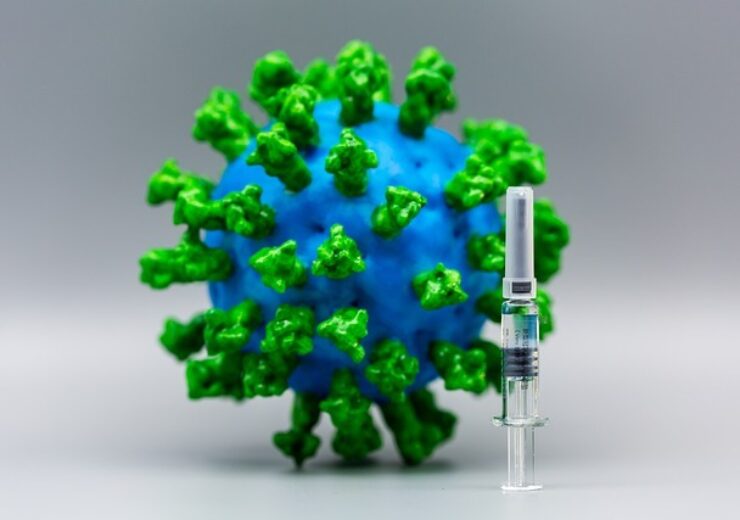The needle-free systems are designed to eliminate needlestick injuries, needle reuse and cross contamination

DIOSynVax selects PharmaJet needle-free system. (Credit: pearson0612 from Pixabay.)
DIOSynVax, a spinoff company from the University of Cambridge, has selected PharmaJet needle-free injection system to deliver its Covid-19 vaccine in a clinical trial.
The firm has developed ‘Digitally designed, Immune Optimised Selected and Synthesized Vaccines’ (DIOSynVax) technology to speed up the vaccine antigen development, and improve the protection against pathogens including influenza, Covid-19, and viral haemorrhagic fevers.
Also, the vaccine developer has recently secured multi-million dollar funding from the UK government to advance the development its Covid-19 vaccine with a clinical trial.
PharmaJet claimed that its needle-free systems are safe, fast and easy-to-use, and would eliminate needlestick injuries, needle reuse and cross contamination, and reduces sharps waste disposal.
PharmaJet president and CEO Chris Cappello said: “We are pleased to be collaborating with the University of Cambridge and DIOSynVax as the delivery system for their vaccine against the SARS-CoV-2.
“Our Needle-free Systems have been proven to improve the immune response for multiple RNA/DNA-based vaccines as well as being used to eradicate diseases such as influenza, measles and polio.”
PharmaJet system enhances the efficacy of nucleic acid-based vaccines and therapeutics
DIOSynVax said that PharmaJet System has been selected based on its record of increasing the efficacy of nucleic acid-based vaccines and therapeutics.
The company’s approach leverages computer modelling of the virus’s structure to identify the distinct genetic code.
According to DIOSynVax, the approach that combines artificial intelligence and synthetic biology enables the development of a vaccine that specifically induces antibodies development against the SARS-CoV-2 virus.
The clinical trial using PharmaJet needle-free injection system is expected to begin as soon as possible, at National Institute for Health Research (NIHR) Southampton Clinical Research Facility.
NIHR Southampton clinical research facility director Professor Saul Faust said: “It is especially exciting that the clinical trial will test giving the vaccine through people’s skin using a device without any needles as together with stable DNA vaccine technology, this could be a major breakthrough in being able to give a future vaccine to huge numbers of people across the world.”
